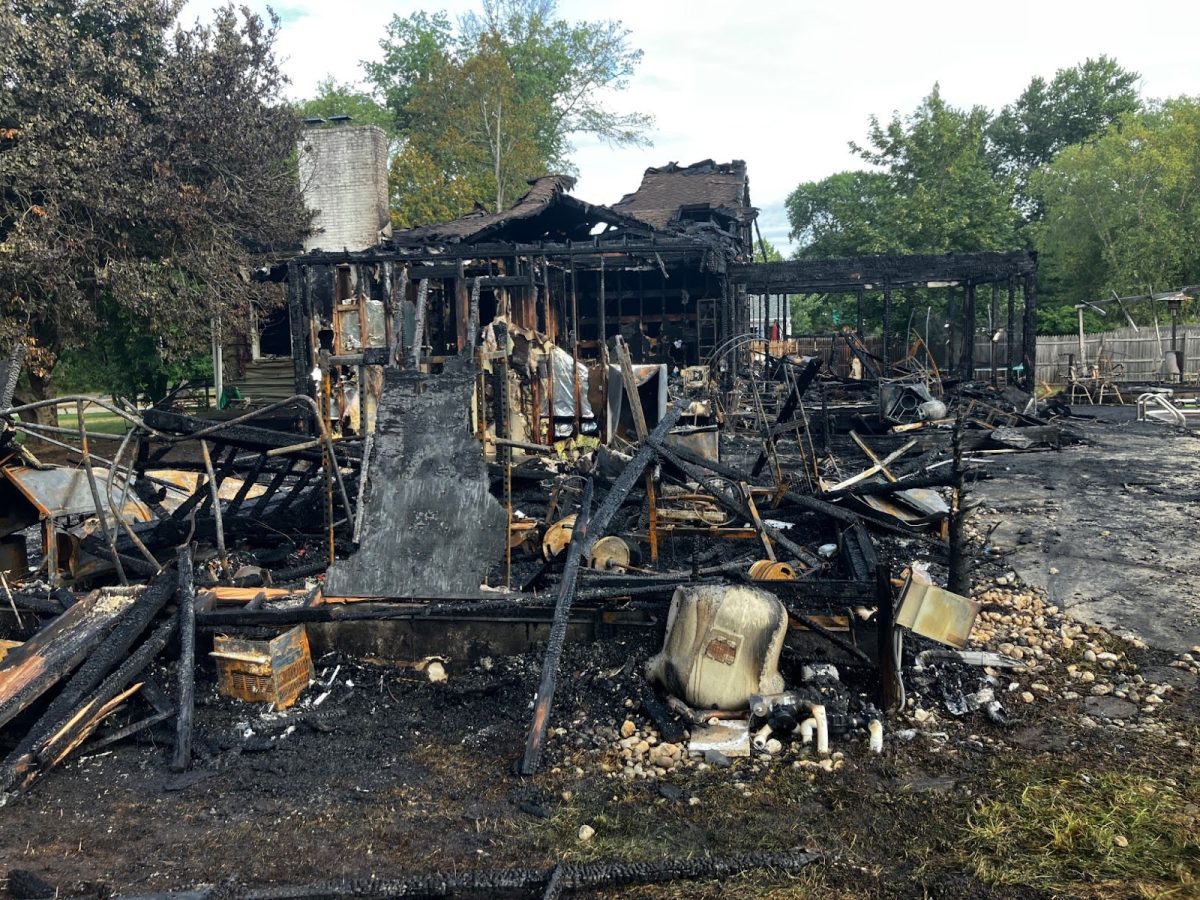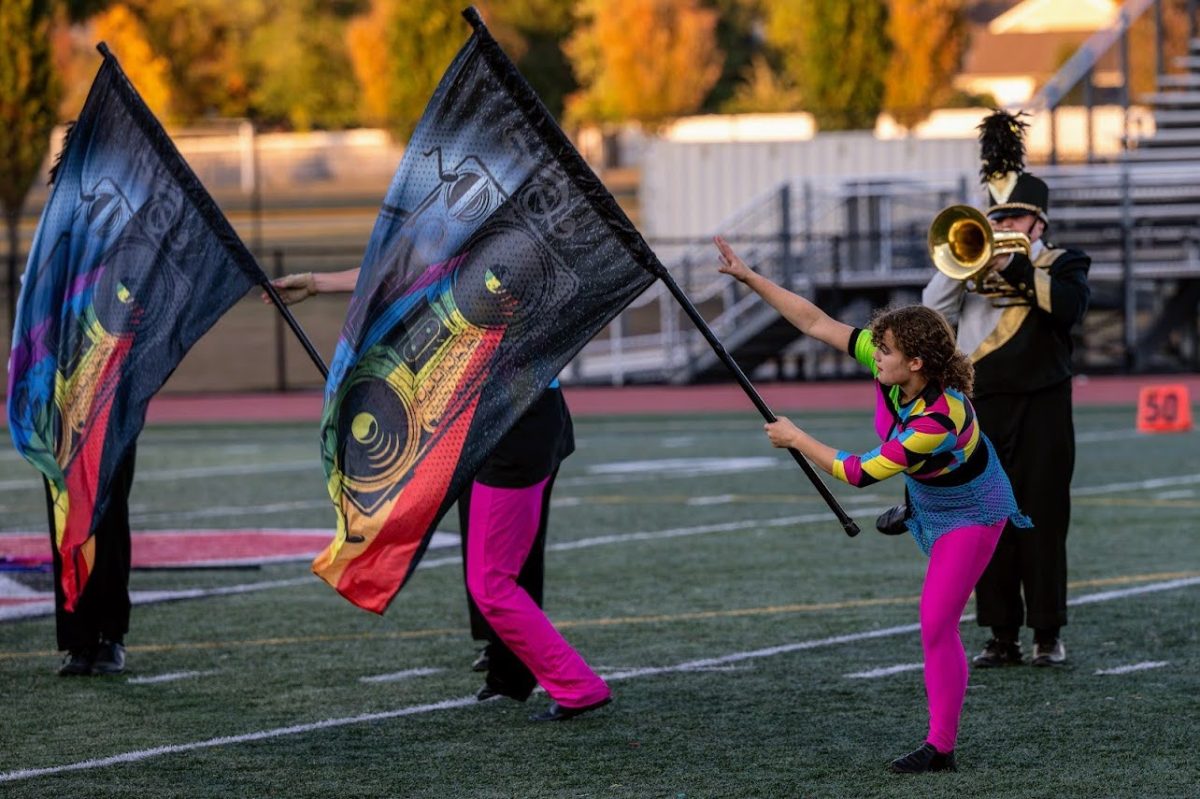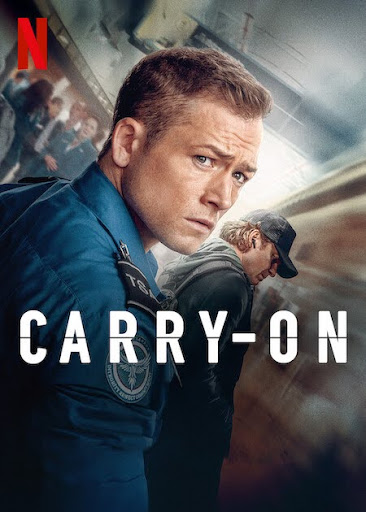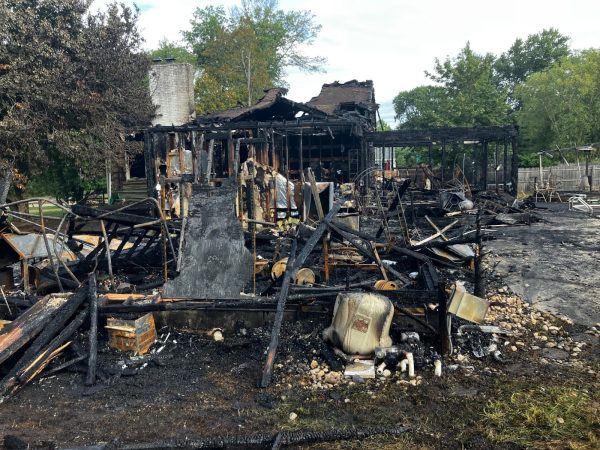Why Should We Be Talking About Roe v. Wade
Why does the potential overturning of Roe v. Wade matter? To understand the full effects of this situation, let’s start at the beginning. Roe v. Wade is the 1973 US Supreme Court case that set an iconic precedent regarding the government’s power over individuals’ bodies. ‘Jane Roe’ was a pseudonym used by Norma Mc Corvey to represent all women in the case, as she went against District Attorney Henry Wade who represented Texas as the defendant.

Three years after McCorvey’s lawyers filed the suit under ‘Jane Roe’ in 1970, the court ruled in a 7-2 vote, in favor of Jane Roe, thus legalizing abortions nationwide and protecting women’s rights in doing so. In response, anti-abortion activists, alongside Republican politicians, began taking action to get this decision overturned.
In recent years, following the election of Donald Trump, three conservative judges were confirmed to the Supreme Court, furthering this anti-abortion agenda. Trump’s nominee for the court, Brett Kavanaugh, discussed the case’s precedent during his confirmatory Senate hearing, saying it has been “settled as precedent” though that previous sentiment has been ignored in his support of the draft.
Earlier this month a serious step toward overturning the precedent was taken as an initial draft, reflecting the majority opinion in favor of overturning Roe, was leaked. The drafted document stated, “We hold that Roe and Casey must be overruled.” Casey refers to the 1992 Supreme Court case, Planned Parenthood v. Casey, a precedent that led to revisions in abortion laws while affirming the decision in Roe v Wade.
To prepare for the possible impact of this leaked draft and simultaneously fulfill campaign promises, Republican state governments have ‘trigger laws’ in place. These laws anticipate the overturning of Roe v. Wade and will automatically ban abortion in the first and second trimester if the decision is overturned. Thirteen states currently have trigger laws, awaiting the Supreme Court’s final decision, expected to come this June.
In contrast, Democratically run states, such as California, have taken action to affirm the precedent by codifying it in their state constitution. In doing so, they move to protect a woman’s right to have control over her own body, a fundamental right. Additionally, the Supreme Court decision may endanger other ionic and influential precedents set by Roe v. Wade’s probable overturning, including gay marriage.
Undermining this fundamental right for women threatens feminism as a whole and undoes much of the equal rights accomplished in the past decades. Feminism is the advocacy for equal rights based on the belief that all women regardless of background, sexuality, job or race are equal to men in every aspect and facet of life. To take away a woman’s right to have control over her own body is to take a massive step back in this country’s fight for women’s rights.
The Feminist Movement has had multiple major ‘waves’ in America, the most recent one, Fourth-Wave Feminism, addressing sexual misconduct, especially in the workplace, as well as rape culture. And so, taking away women’s right to have an abortion even in cases of rape or incest, an action Arkansas has already taken steps to codify, ultimately ends the progress women have made over the last fifty years.
However, beyond the right for women to have control over their own bodies, banning abortions and shutting down abortion clinics such as Planned Parenthood, takes away far more than one’s ability to terminate a pregnancy. Planned Parenthood provides healthcare services for women that go well beyond abortions. Planned Parenthood educates youth about preventing pregnancies, offers free or low-cost birth control, carries out essential STD testing, and even screens for specific types of cancers.
Planned Parenthood is essential for many women and young girls. However, on the sole basis of performing abortions, Planned Parenthood is a necessary health resource. Whether a woman makes the grueling decision to terminate her pregnancy for any reason, especially in cases of rape or incest, her ability to exercise her right in having control of her own body is essential to sustaining and continuing to move forward in the fight for women’s rights.
Furthermore, it is proven that making abortion illegal does not lower abortion rates it simply makes them less safe, increasing the danger for the woman, and further risking her life. The time to fight for this fundamental right is now, the overturning of Roe v. Wade is coming, and women’s rights are on the line. That is why it matters.

Kyra is a Senior and a Managing Editor for the Bulldog Reporter. Outside of the Newspaper club, she's interested in writing and enjoys playing for the...
























